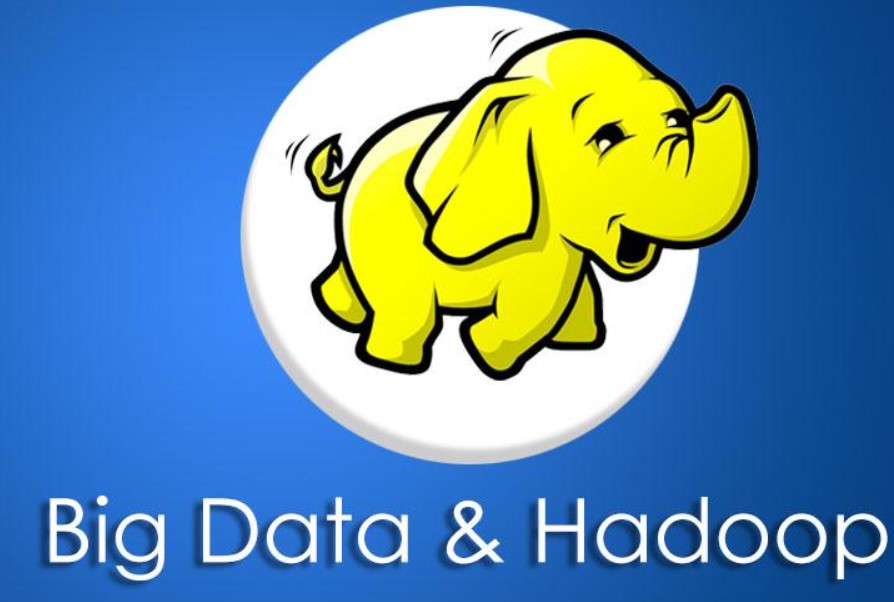In today’s world, data has become an indispensable asset for companies. However, managing and analyzing vast amounts of data is not an easy task. The advent of big data technologies, such as Hadoop, has made it possible for companies to store and process large volumes of data efficiently. In this article, we’ll explore how companies are using Hadoop to harness the power of big data.

Introduction to Big Data Hadoop
Before we dive into how companies are using Hadoop, let’s understand what Hadoop is. Hadoop is an open-source framework that allows distributed processing of large datasets across clusters of computers using simple programming models. It was developed by Doug Cutting and Mike Cafarella in 2005 and is now maintained by the Apache Software Foundation.
How Companies are Using Big Data Hadoop
- Storing and Managing Data: Hadoop’s distributed file system, HDFS, allows companies to store and manage large volumes of data efficiently. Companies can store data from various sources, such as social media, customer transactions, and web logs, in Hadoop’s file system. Hadoop also provides tools for managing and processing data, such as Hive and Pig.
- Data Analysis: Hadoop allows companies to perform complex data analysis on large datasets quickly. Companies can use tools such as Apache Spark and Hadoop MapReduce to process and analyze data. They can perform tasks such as data mining, sentiment analysis, and predictive analytics to gain insights into customer behavior and market trends.
- Cost-Effective: Hadoop is a cost-effective solution for companies that need to store and process large volumes of data. Traditional relational databases can be expensive and may not scale well for big data. Hadoop is designed to work with commodity hardware, making it an affordable solution for companies of all sizes.
- Real-Time Data Processing: Hadoop is not just for batch processing. Companies can use tools such as Apache Storm and Apache Flink to perform real-time data processing on streaming data. This allows companies to make quick decisions based on real-time data.
- Improved Customer Service: Hadoop can help companies improve their customer service by providing insights into customer behavior. Companies can use data analytics to understand customer preferences and behavior, which can help them tailor their products and services to meet their customers’ needs.
- Competitive Advantage: Companies that use Hadoop to harness the power of big data can gain a competitive advantage. They can make data-driven decisions quickly, which can help them stay ahead of their competitors. Hadoop can also help companies identify new opportunities and revenue streams.
Challenges of Using Big Data Hadoop
While Hadoop has many benefits, there are also some challenges to consider:
- Complexity: Hadoop is a complex framework that requires specialized knowledge to set up and maintain. Companies may need to hire specialized staff or outsource to a third-party provider to manage their Hadoop infrastructure.
- Security: Storing and managing large volumes of data can pose security risks. Companies need to ensure that their Hadoop infrastructure is secure and that access to data is restricted to authorized personnel.
- Integration: Integrating Hadoop with existing systems and applications can be challenging. Companies need to ensure that their Hadoop infrastructure can integrate with their existing IT environment.
Conclusion
Big data is transforming the way companies operate, and Hadoop is at the forefront of this revolution. With Hadoop, companies can store and process large volumes of data efficiently and gain insights into customer behavior and market trends. While there are some challenges to using Hadoop, the benefits outweigh the risks.
FAQs
- What is Hadoop? Hadoop is an open-source framework that allows distributed processing of large datasets
- How do companies use Hadoop? Companies use Hadoop to store and manage large volumes of data, perform complex data analysis, process real-time data, improve customer service, and gain a competitive advantage.
- What are the benefits of using Hadoop? Hadoop is cost-effective, scalable, and allows companies to perform complex data analysis quickly. It also provides real-time data processing capabilities, improved customer service, and a competitive advantage.
- What are the challenges of using Hadoop? The challenges of using Hadoop include its complexity, security risks, and the need to integrate with existing systems and applications.
- Is Hadoop suitable for all companies? Hadoop is suitable for companies that need to store and process large volumes of data. However, it may not be necessary or cost-effective for smaller companies with less data to manage.